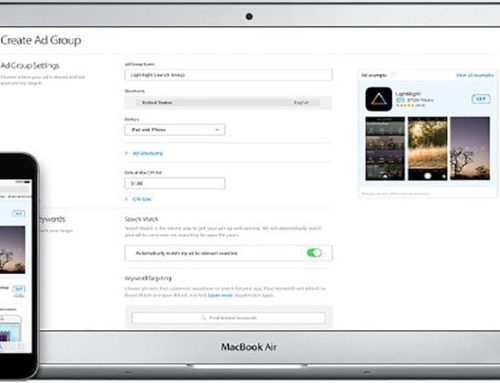How well is your website performing? This is a question any business that has invested any amount of money into a website must be able to answer. Why? Well, as baseball great Yogi Berra used to say, “If you don’t know where you are going, you might wind up someplace else.”
While taking the time to set up your website (or, more likely, paying someone top dollar to create one for you), if you’ve forgotten to also set up web analytics and ongoing reporting, you’ve left out the most critical component.
Putting up a website just to have a digital presence doesn’t help your business. Website analytics are essential to gather data and show you how well your website is performing. It also provides information about ways to continue to please your target audience so you can better promote your business and increase revenue.
Understanding website analytics
Numbers are important. They help you compare and contrast. If you don’t know what you’ve got, you can’t ever improve. Additionally, you can’t fix what’s broken if you don’t know it’s broken.
Web analytics collect data that helps determine website performance. Based on your business goals, data can be used to drive strategy and improve the user’s experience. When you look at the data, you can identify key performance indicators (KPIs) to measure the success or failures for those objectives. KPIs can include things such as newsletter subscription rates, content downloads or ecommerce cart abandonment rates, just to name a few.
How website analytics help
When you are well-informed about the visitors coming to your site and the actions they take during their visit, you can make more effective choices about how to best leverage your website and digital marketing strategy.
Website analytics can provide valuable information such as:
- Demographics
- Geographic location of visitors
- Time of day visitors view the site
- Total number of visitors
- The keywords people use to find your site
- Where traffic is originating from
- What types of pages or posts attract the most traffic
- What links visitors click on various pages
- If that traffic converts to a lead
- When and where visitors leave your site
These are just some of the major data points. Online tools are very advanced and can find even more exact data such as the parts of the web page the visitor views, mouse movement, scroll depth, and whether a visitor hovers over a link instead of clicking.
What to do with website analytics
Once you collect this data, it’s important to put it to use.
- Start by getting a clearer picture of visitors and defining your target market.
- Then, work on creating or enhancing your digital marketing strategy.
- Set up Search Engine Optimization (SEO) and a Search Engine Marketing (SEM) campaign.
Remember, it’s great to have all the data before you, but using it wisely is even more important. Numbers are just numbers unless you turn the data into valuable marketing decisions for your website and business.
Whether you’re confused about your website’s metrics and analyzing your data or need help with your overall marketing strategy, just give us a call. Let the T.E. Digital team work with you, define your goals and get you to where you want to be by making the most of your business website.






Leave A Comment